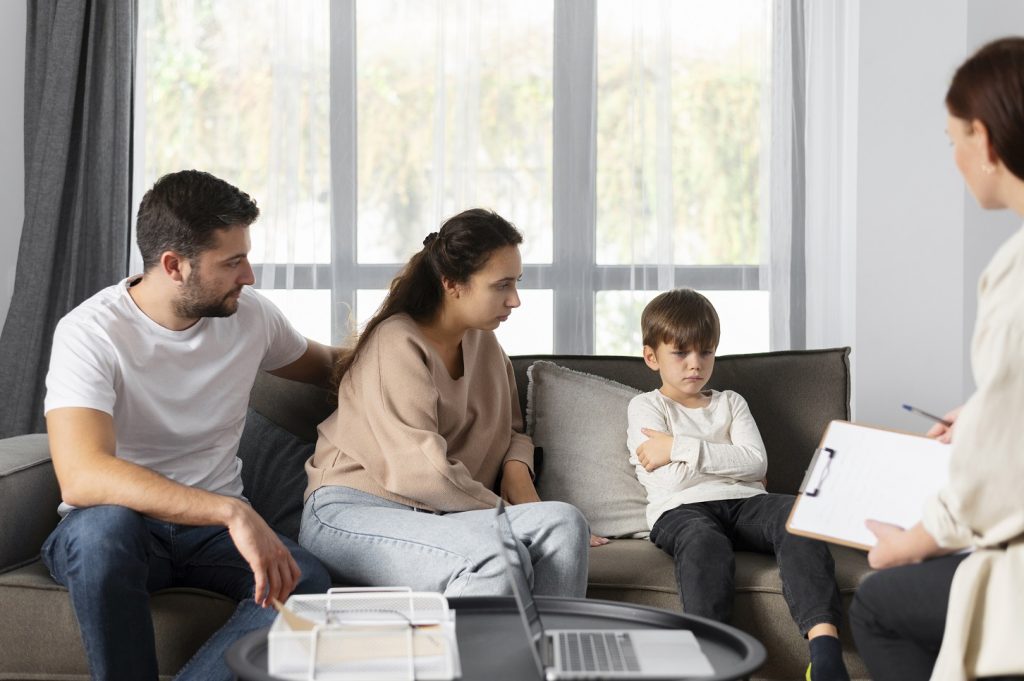Adequate training and supervision of mediators working with minors, especially in the case of unaccompanied minors, play a crucial role in ensuring quality care and effective protection.
The institutions for which these mediators work have the responsibility of ensuring that they are properly prepared and trained to face the specific challenges What it means to work with this vulnerable population and for that, some important aspects must be observed.
First of all, Specialized training is essential for mediators to acquire the necessary knowledge about the children's rights, migration dynamics, trauma and child development. Mediators must understand the cultural and social contexts in which minors are found, as well as the risks and specific needs they face. Solid training allows them to provide appropriate support, as well as relevant guidance and resources to minors.
Practical aspects of family mediation training

Besides, Training must also include practical aspects, such as effective communication skills, conflict management, mediation techniques. This allows mediators to work effectively in defending the rights of minors and facilitating peaceful solutions in complex situations.
However, Training should not be a static and unique process. Continuous supervision is essential to ensure that mediators, working in a context as changing as the immigration one, are updated and continue to acquire new skills and knowledge. Institutions must provide spaces for continuous training, reflection and exchange of experiences. This contributes to the constant improvement of mediators' practice and adaptation to the changing needs of unaccompanied minors.
Policies of the institutions for their training
In addition to training and supervision, institutions must ensure the implementation of appropriate ethical policies and standards. This involves guaranteeing the suitability and competence of mediators, as well as establishing mechanisms accountability and monitoring your performance. the quality and the security of care for minors must be a priority, and this requires a solid institutional commitment.
The training of professionals in education with minors It is of vital importance in the sector, since it plays a fundamental role in the development and well-being of boys and girls. These professionals play a crucial role in the training of future generations, shaping their learning, promoting their integral growth and providing the necessary support for their emotional, social and cognitive development.
In addition, the training of professionals with minors also implies being up to date on the latest research and advances in the field of education. This allows them to implement innovative pedagogical practices, adapted to the individual needs and characteristics of minors, and use technological resources that enrich their educational experience.
In summary, the professional training in education with minors is not only necessary, but fundamental to provide boys and girls with a quality education and a nurturing learning environment. As professionals, we must assume the responsibility of continually preparing ourselves and being committed to the well-being and comprehensive development of minors, because as Nelson Mandela said: "Education is the most powerful weapon you can use to change the world."

In conclusion, training and supervision of mediators who work with unaccompanied minors is of vital importance to ensure quality care. Institutions must invest in specialized training, provide supervision spaces and encourage continuous improvement. Only through well-trained and supported mediators can effective and protective care be guaranteed for the most vulnerable minors.
Knowledge in family mediation opens the doors to a future full of understanding, harmony and solutions. Study with passion and become the agent of change that families need! Reserve your place in the International School of Mediation.




